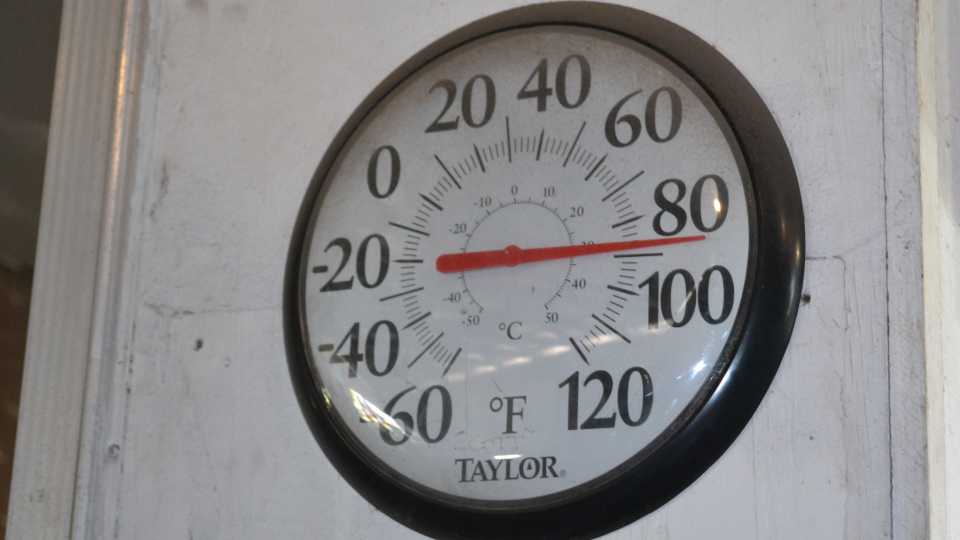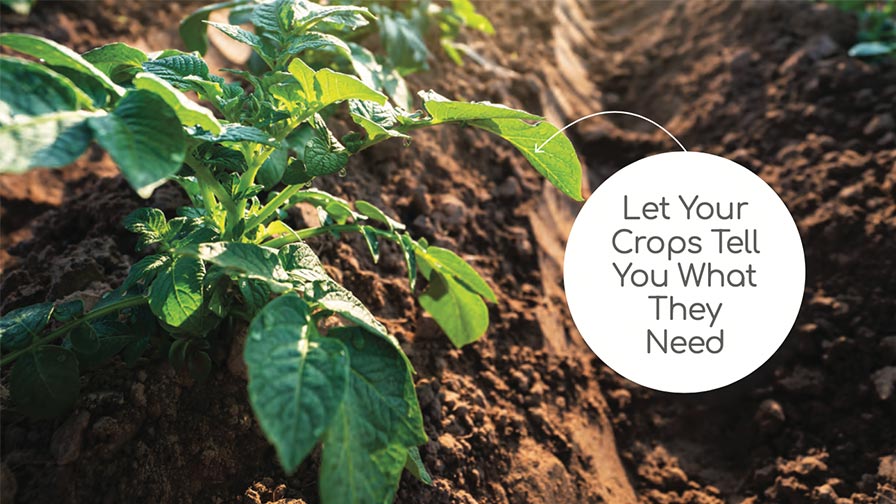Clean Your Plate! Reasons We Should Eat What Is Grown for Us
As I write this, there is a bowl of watermelon chunks sitting atop the dresser in the bedroom of our 14-year-old son. Ordinarily this would be a good thing. Better than, say, a 10-piece box of chicken nuggets in its place. Or a bag of Goldfish.
Unfortunately, the watermelon in this case has been sitting there for at least the last 24 hours. Eventually someone in the family will toss it in the garbage or throw it out for the birds — after, of course, our son has placed the blame on his 12-year-old brother — but it’s not going to be Dad. He doesn’t have the stomach for the job.
Food waste bothers me, as I’m sure it troubles you as a food producer. It’s the buzzkill to my watermelon sugar high. And while I likely have bigger things to worry about as a parent, I can’t downplay the issue as being one of those first-world problems when my thoughts always turn to hungry third-world kids of the same age.
Apparently, our friends to the North think likewise. Eighty-four percent of Canadians agree that food waste is an important national issue. The National Zero Waste Council arrived at that number in a June survey of 1,200 Canadians.
The premise of the survey was to better understand the impact of COVID-19 on consumer behaviors and attitudes related to food and food waste. Its conclusion represents some good news amid the hardship that has accompanied this pandemic.
With the introduction of physical distancing and stay-at-home measures, food management in the home has improved. Canadians are planning more and wasting less. The National Zero Waste Council calls this a “small but significant step forward” in the fight against food waste. I would hope many Americans would respond likewise.
Some survey results to ponder:
• 63% of the food Canadians throw away or compost could have been eaten. For the average Canadian household, that costs $1,100 per year. (Yes, the fiscal part of the dilemma only compounds my discontent.)
• The most commonly wasted foods are fruits, vegetables, and leftovers. (I can only imagine how this gets under your skin, too.)
• The top three reasons food is wasted are: 1) Left too long, so it is unappetizing or may not be safe to eat; 2) Not used by the “best before” or expiration date; and 3) Meals are not finished. (Chalk me up for that trifecta.)
On the bright side, 61% of the respondents are buying more food during the pandemic than they normally would have. Why? Fewer trips to the grocery store but buying more per trip. And cooking at home more.
Guilty consciences must have something to do with this as well. Ninety-four percent of Canadians are motivated to reduce their household’s avoidable food waste, and 24% actually are wasting less food than usual since the arrival of COVID-19. How are they accomplishing that? By taking the following steps more often:
• Checking what food is in the house before shopping (46%)
• Making a shopping list (33%)
• Making a meal plan for the week ahead (32%)
• Freezing food to extend its shelf
life (42%)
• Considering the best way to store perishable food (38%)
• Thinking creatively about how to use up leftovers (41%)
My 79-year-old dad, born into a poor family in the wake of the Great Depression, had his own unique methods of preventing food waste back when I was growing up in the 1970s. I remember rationed glasses of orange juice, an edict I could never digest. And I’ll never forget opening the refrigerator to see an upside-down jug of milk. He was literally trying to get every last drop. That really used to bug me.
Decades later I have yet to resort to such drastic measures (although there are a few upside-down bottles of shampoo and body wash in the shower). But I will take to heart some of the approaches cited by the National Zero Waste Council. As an editor on a fruit-growing magazine, there’s even more reason to do so. I know a little bit more now about what goes into producing that carton of ‘Bluetta’ blueberries.
Food waste is a serious global issue, one in which the agriculture industry can be both saint and sinner. The thought of contributing toward it isn’t for me. It wasn’t for my dad. And if I can get my way under my own roof, it’s not even going to be for the birds










